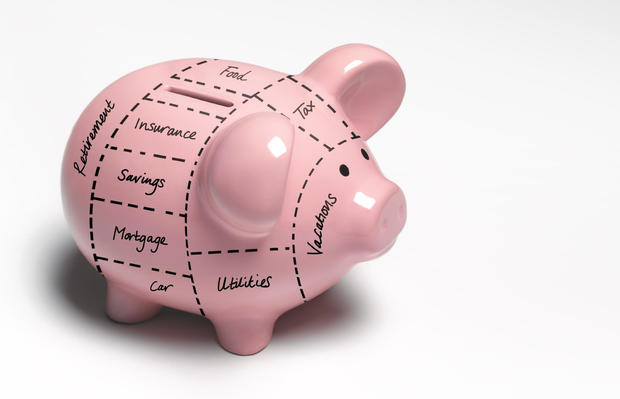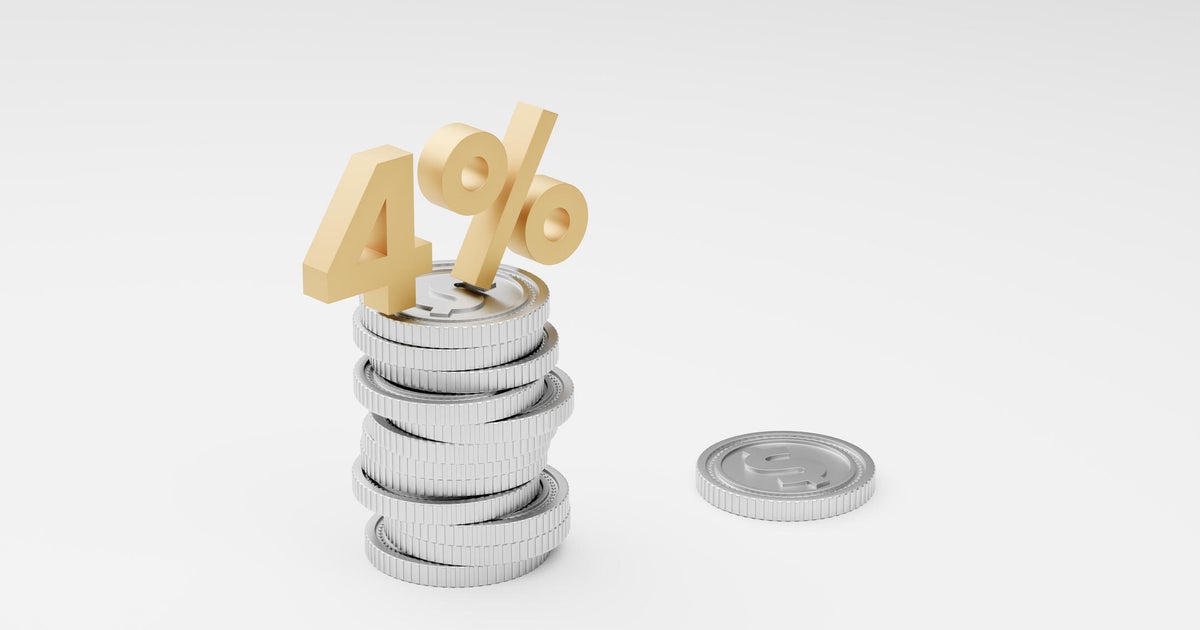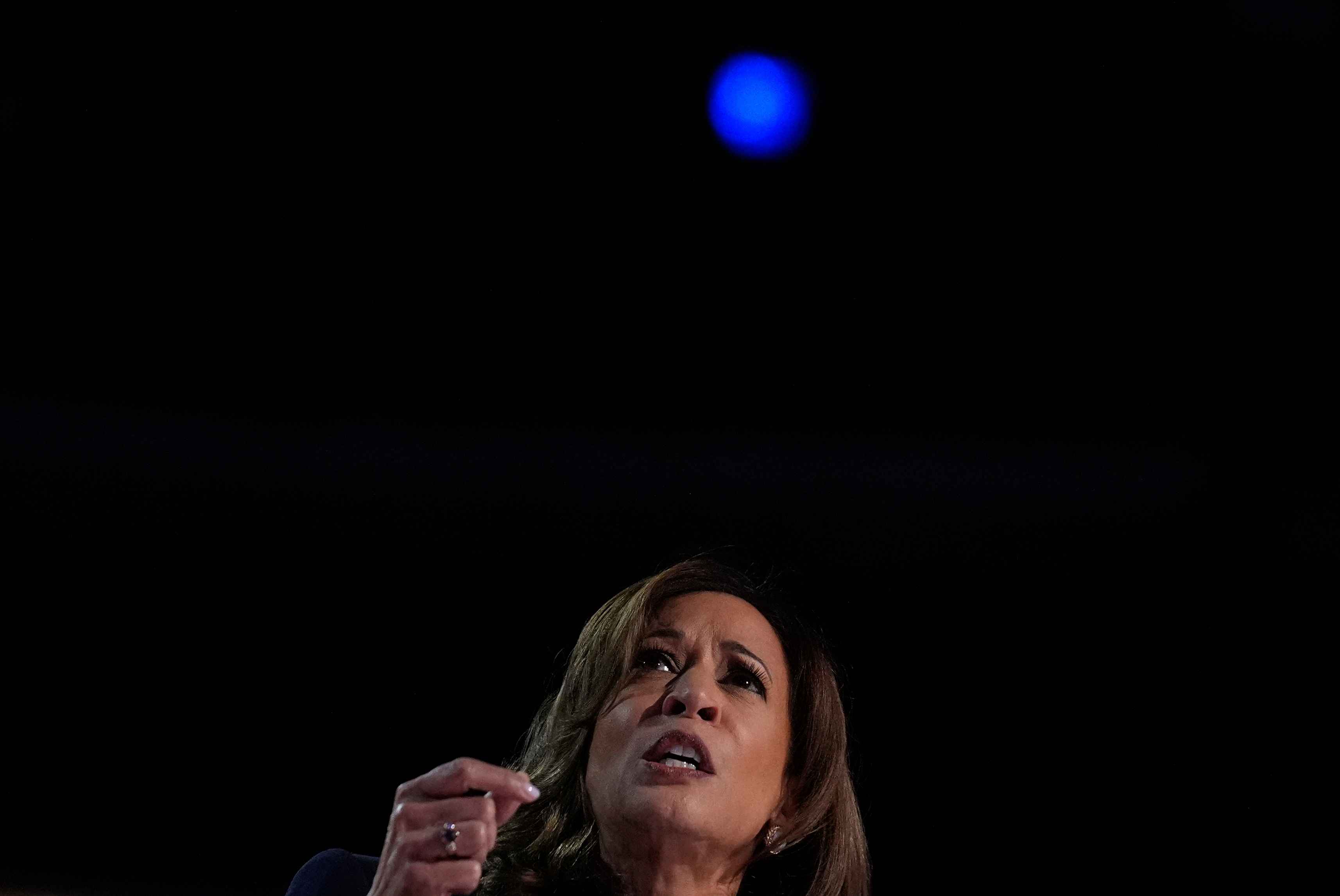4 reasons you need more than one savings account
When it comes to saving money for emergencies or big purchases, there are strategies to help maximize your savings. For example, it typically benefits you to automate your savings to ensure you're regularly contributing to that account. Otherwise, you may spend what you initially earmarked for savings, leaving nothing to put away.
And, it almost always makes sense to open a savings account that offers a high interest rate to maximize your returns. That's easy to do right now, as the Fed's recent rate hikes led many financial institutions to increase the APYs on their interest-bearing accounts. In turn, there are plenty of high-yield savings accounts now offering returns of 4.5% or more on your money.
But one strategy that may not come to mind is opening separate savings accounts. Many people have just one savings account for all of their money — and that isn't always the right move. In most cases, it makes more sense to open separate savings accounts instead.
Explore what you could be earning in interest with an additional savings account here now.
4 reasons you need more than one savings account
If your savings are all held in one account right now, it's time to make a change. Here are a few reasons why it makes sense to have more than one savings account.
To meet separate savings goals
One of the best reasons to maintain separate savings accounts is to more efficiently achieve your savings objectives. If you're putting all of your savings into one account, it's tough to keep track of your individual money goals. After all, how can you determine how much you have saved for a big vacation and your emergency fund when your money is commingled in one account?
Having dedicated accounts for each savings goal is a better strategy. This ensures that your funds are allocated correctly and are readily available when you need them. And by compartmentalizing your savings goals, you'll have a clearer picture of your progress toward each goal so you can more easily determine where your money should go.
Find out more about what the best big banks could offer you here now.
To avoid dipping into your emergency fund
An emergency fund is a vital component of any well-rounded financial plan. It provides a safety net to cover unexpected expenses such as medical bills, car repairs or job loss. However, it's all too easy to dip into your emergency fund for non-urgent matters if it's stored in the same account as your other savings.
By maintaining a separate emergency fund account, you create a psychological barrier that helps you resist the temptation to use those funds for non-emergencies. This ensures that your emergency fund is untouched and ready to serve its intended purpose.
To capitalize on bank sign-up bonuses or other offers
Banks often entice new customers with sign-up bonuses, promotional interest rates or other offers for opening accounts with them. These bonuses can be a simple way to bulk up your savings — but you may be passing on these offers to avoid the hassle of switching banks.
That means you're missing out on free money. And you don't have to move all of your savings to get these bonuses anyway. You can keep your old account and still open separate savings accounts to take advantage of these offers. This approach enables you to maximize your earnings while keeping an eye on the progress you're making toward your savings goals.
For increased FDIC coverage
The Federal Deposit Insurance Corporation (FDIC) insures bank deposits up to $250,000 per depositor, per bank. By opening separate savings accounts, you can increase your FDIC coverage. This added layer of security helps safeguard your savings against potential bank failures or financial crises — like the bank failures that occurred earlier this year.
For example, given the FDIC limit, you may not be fully covered if you put $300,000 in one savings account. But by having three separate savings accounts with $100,000 each, all your funds are fully insured, even if they are held in the same bank.
The bottom line
Having separate savings accounts for your money offers a range of benefits. It allows you to effectively pursue various savings goals, capitalize on banking offers, protect your emergency fund and enhance your FDIC coverage. By organizing your finances in this manner, you gain better control over your financial journey and improve your chances of achieving your long-term money goals.




